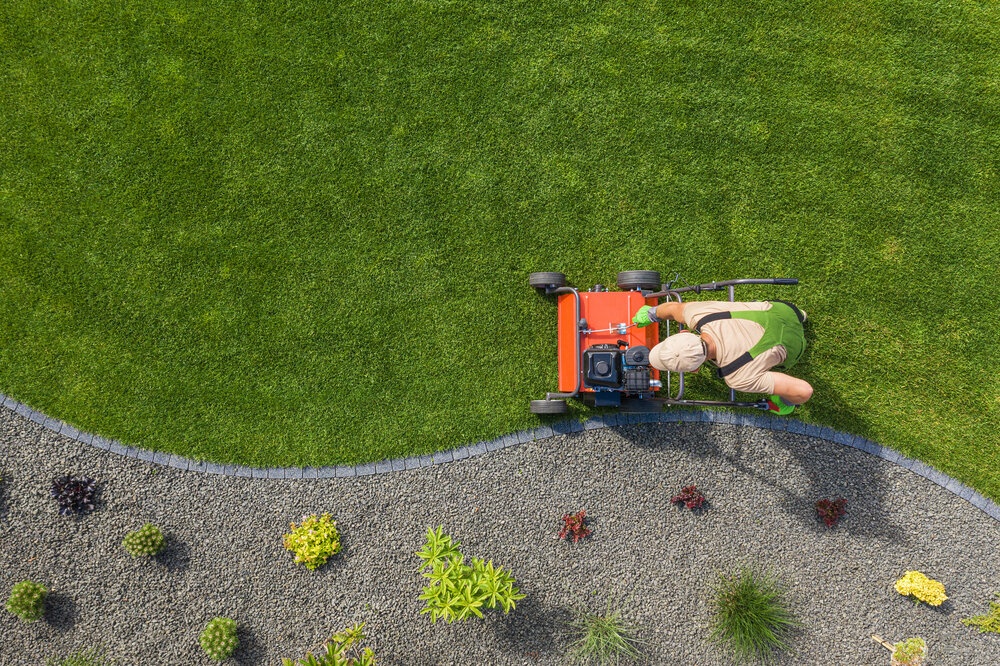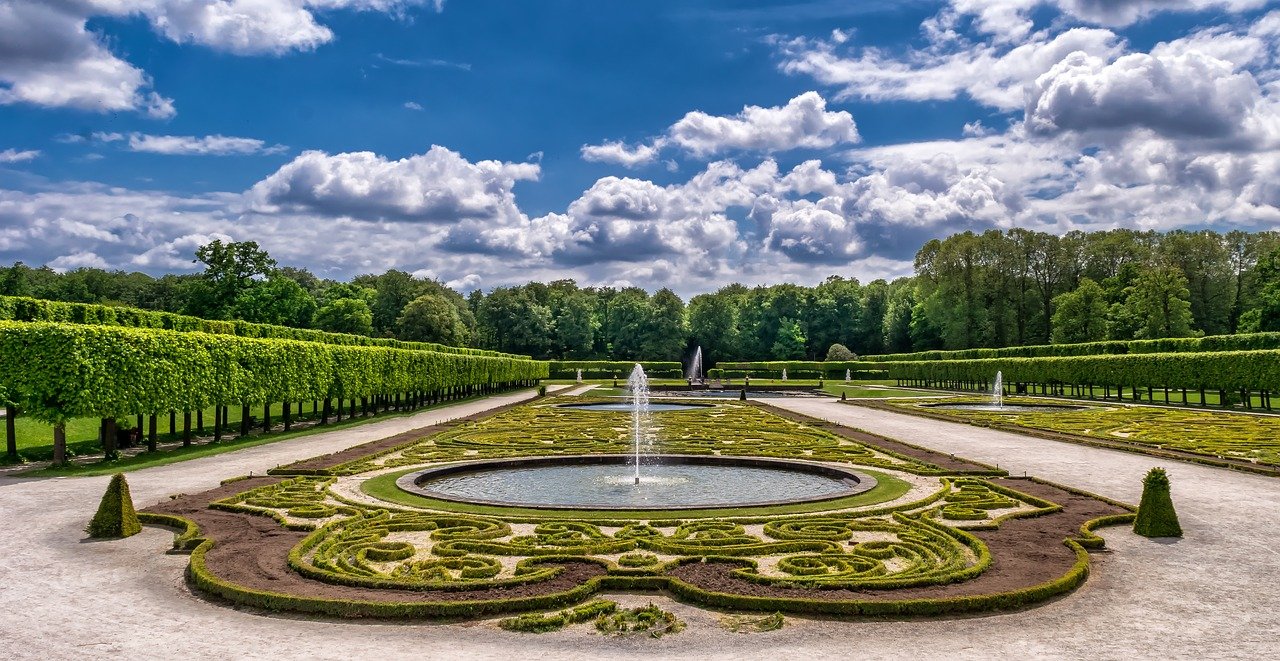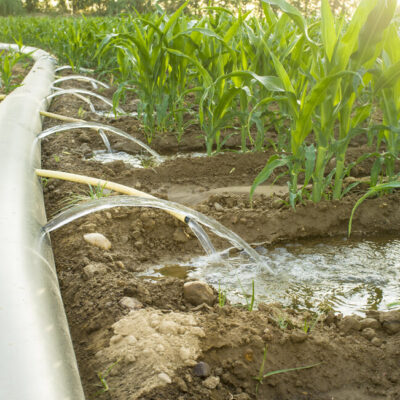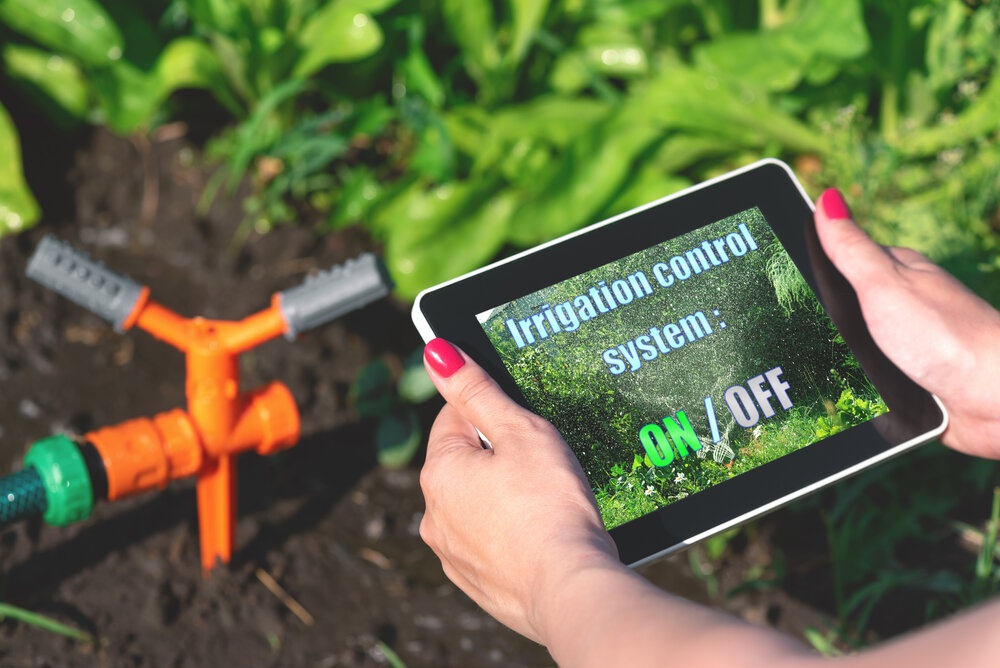Are you looking to create the garden of your dreams? If you are, you might be considering getting some professional help in order to create a visually stunning outdoor space. But whose services do you need? Ought you to be looking for a professional gardener, a landscape designer, or a landscape gardener or contractor?
Although people often think these roles are the same, they aren't. They are quite different, however, sometimes the lines can be a little blurred, and a landscape designer can also be a landscape gardener or contractor. But let's have a look at each occupation in its own right.
The Landscape Designer
At the top of the tree (excuse the pun), there is the Landscape Designer. A landscape designer (sometimes referred to as a landscape architect) is someone who has attended university and attained a degree in landscape design. Universities that offer landscape design courses include:
- Cornwall College
- Leeds Beckett University
- Ravensbourne University London
- SRUC Scotland's Rural College
- The Open College of Arts
- University Centre Myerscough
- University Centre Reaseheath
- University of Gloucestershire
- University of Greenwich
- The University of Sheffield
In addition to having first-class knowledge of ecosystems, outdoor spaces, and plants, a qualified landscape designer will be able to specify the design and location of buildings, playgrounds, walkways, and any other features, including planting requirements.
As well as creating an overall conceptual design, a landscape designer can project manage the complete programme of works, including the hiring of landscape gardeners and gardeners, plus being able to specify all landscaping materials and products needed to complete the project.
The Landscape Gardener of Contractor
The difference between landscape gardeners (or contractors) and ordinary gardeners is that the landscape variety tends to work at the heavy end of the gardening spectrum. They create structures and perform hard landscaping that can remodel your whole garden or redefine particular areas. A landscape gardener or contractor can also undertake soft landscaping if so required.
A brief explanation may be in order if you haven't encountered the terms hard and soft landscaping before.
Hard and Soft Landscaping
The terms are more or less self-explanatory. Hard landscaping refers to the hard things you might have in your garden, such as bricks, concrete, gravel, stone etc. Soft landscaping encompasses the living, soft elements of your garden, including things like flowers, grass, shrubs, soil, and trees. Basically, anything that grows in your garden.

A well-balanced landscape garden should have a mixture of both hard and soft landscaping elements, each one enhancing the other to create the perfect environment.
Once you've got your garden design or had it worked out for you, it's the landscape gardener who will turn the plans into reality. He or she will begin to transform your garden with well-chosen landscaping products and materials that will underpin the health and long life of your garden both above and below its surface.
A landscape gardener will use products to ensure the ground is well prepared and well-irrigated and will purchase the right materials for controlling weeds, treating lawns, and keeping the soil well nourished.
The Gardener
Landscape gardeners or contractors sometimes refer to ordinary gardeners as "plantsman." It's not meant to be a derogatory term, it's simply a recognition of the fact that a gardener is more focused on the health and well-being of his or her plants as opposed to landscapers who are involved in outdoor building work and hard landscaping involving things like driveways, patios, walls, etc.
Gardeners tend to be green-fingered types. If you were looking to employ a gardener, then the sort of work you could expect them to do would include things like digging, lawn mowing, planting, trimming hedges, weeding and other types of routine garden maintenance jobs.
You would employ a gardener to tend a green space that is already established but just needs regular maintenance and tidying up on a regular basis. A good gardener will also be able to give you some advice on which plants would work best in particular areas of your garden. They can also help you to get the results for which you're looking.
The DIY Gardener
What we've talked about so far with regard to gardeners and landscapers is from a professional point of view, and as you can see, the differences between gardening and landscaping are quite considerable. But what about the home, DIY Gardener?
A good home DIY Gardener is a bit like a farmer. In order to keep their farms fully operational, farmers have to be jacks of all trades. Whether it's standing crops, looking after livestock, or carrying out maintenance work on their land and outbuildings - farmers have to be prepared to do it all as they are a pretty self-sufficient bunch.
DIY home gardeners are similar in as much as they too tend to do everything that is required in their outdoor spaces, which means that very often, there will be a crossover between what, from a professional point of view, is seen as gardening or landscaping, or even landscape design, and ordinary garden chores.
A good gardener knows what needs pruning and when and how to prune it. He or she will also be able to identify plant diseases and pests. They can apply feeds and herbicides and mow their lawns to the correct height. They know how to monitor the weather and have knowledge of which plants will succeed in specific areas of their gardens.
Some good DIY home gardeners will also undertake basic garden design and do relatively light landscaping work, such as creating a rockery.
Final Thoughts on the Differences
It's usually the skill and knowledge of the DIY home gardener coupled with the size of the project and the scope of the ambition which determines whether it's a suitable DIY project or you need to employ professional landscape design and gardening services.
The home DIY Gardener is very much a hobbyist. But it's a great hobby to have. It helps keep you fit and healthy and in touch with Mother Nature. For the professional landscape architect or designer or landscape gardener or contractor, it's a job of work. But whichever bracket you fall into, it's a very self-satisfying and rewarding thing to do.


